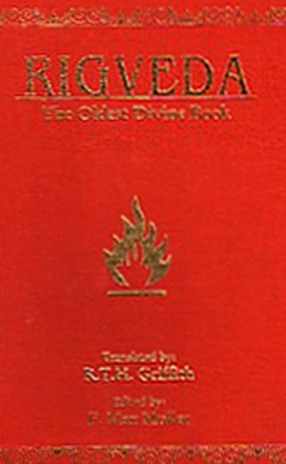
Vedas

69 books

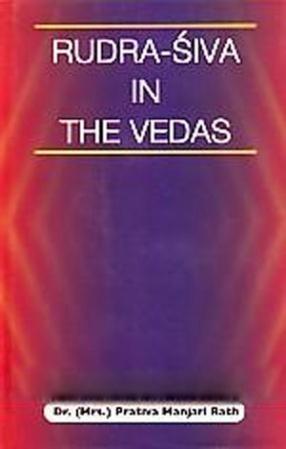
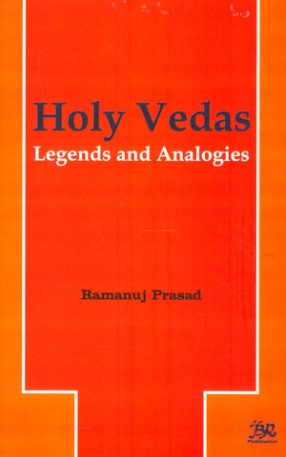
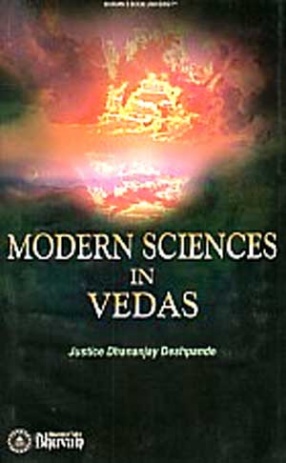
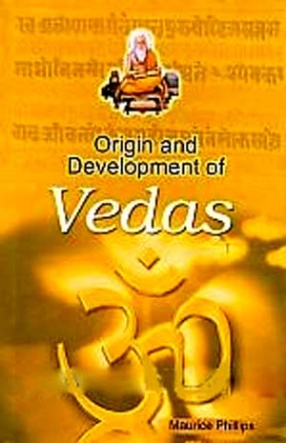
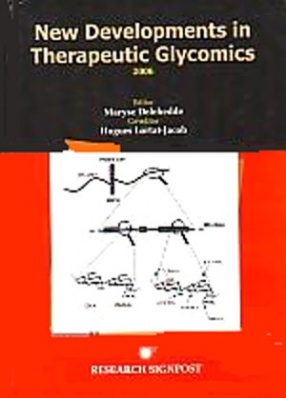
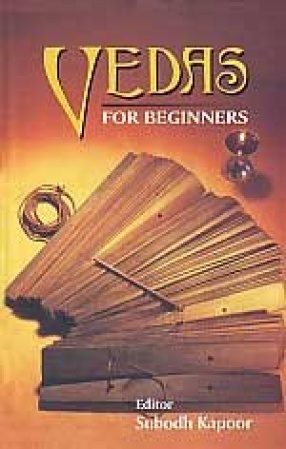
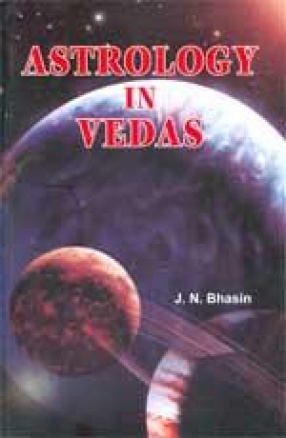

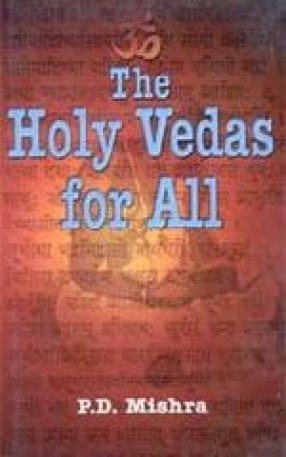

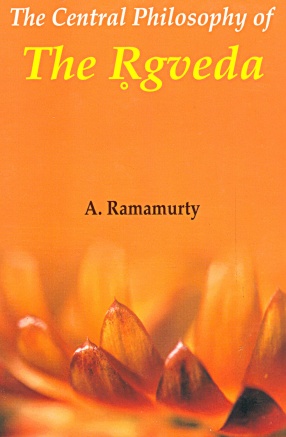
Rigveda, a collection of hymns which are primarily prayers and praises addressed to various deities, is a religious/spiritual classic which influenced the formation and development of Indian way of life and culture. The concept of divine is central to it. The meaning of divine though has undergone significant changes in the long history of Hinduism depending upon its interaction with other world religions, the basic Vedic idea of divine still remains central to ...
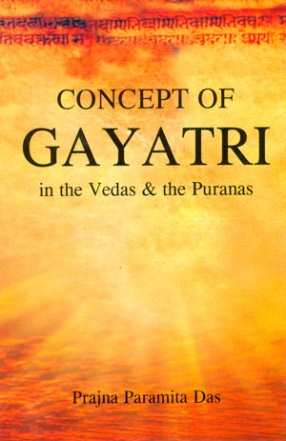
Gayatri is the most popular meter in the ancient Vedic literature which through the passage of time assumed the distinction of a prominent deity in the later literature, especially in the Puranas. Besides the meter, Gayatri as a mantra itself which occurs in the Rgveda and other later Vedic texts is considered as the most sacred and powerful mantra and is often alluded as a wish-yielding tree for attainment of almost everything in life.
The author has made an ...
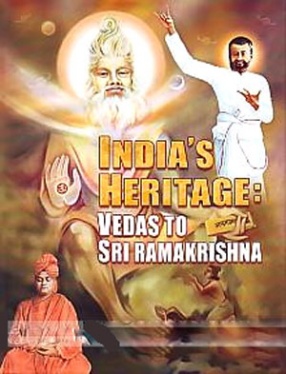
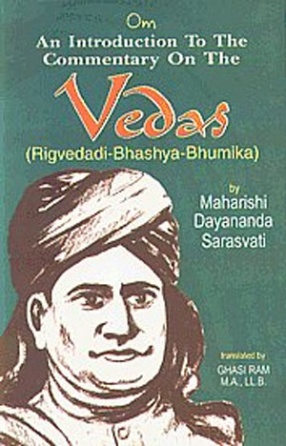
Swami Dayananda's supreme effort in the life was to give back to the World the VEDAS, the Ancient treasure-house of Divine knowledge. There had been commentators and interpreters who had grossly misinterpreted the Vedas. So Dayananda's task was two-fold, not only to interpret the Vedas in a proper and genuine manner but to remove their unholy ideas and misinterpretations. Dayananda's Rigvedadi-Bhashya-Bhumika is a unique work in the field of ...

The work "Rudra-Siva in the Vedas" comprising of five chapters, aims at unraveling the mystery surrounding the Vedic deity, Rudra and his Worship right from the samita period down to fiat of Sutra literature. The concept of Siva he famous Deity of Hindu Trimly, finds it's origin in the Vedic Rudra and no other deity of the Vedic panthieon has undergone so much Transformation as noticed, In case of Rudra Ideas associated with this deity sometimes ...
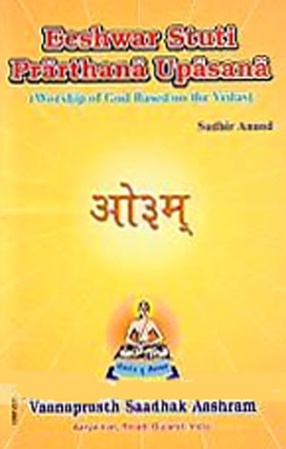

It is compilation form the Vedas-the objective and subjective meditation (saguna and nirguna), strewn throughout the Upanisads-Vedas, mainly the ten Upnisads, commented by Sri Sankaracarya – a beautiful garland of wonderful flowers. It is a hand book of Vedic legends and analogies to read again and again, to tell others and quote them appropriately to assimilate in our life style, as the function of the meditation is constant remembrance. Other external ...
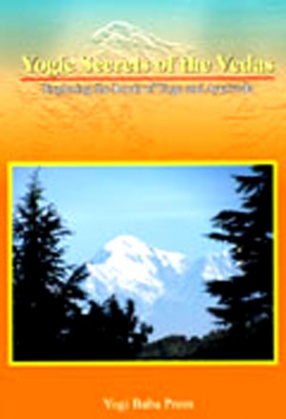
The roots to Yoga and Ayurveda are found in an ancient group of texts known as the Vedas (Books of Knowledge). Portions of the Vedas give astronomical references dating back to approximately 6500 BCE; making them amongst the worlds oldest spiritual teachings still practiced today. To many modern readers, the Vedas are difficult to understand, as they are steeped in symbology, archaic language and multiple meanings for the same term, yet they form the foundation ...

The book shows that the Vedas contain everything that modern science has come up with. This English translation of a Marathi work explains Vedic concepts by viewing them in the original context and on the basis of Vedic Sanskrit differing from literary Sanskrit. It deals with various aspects of science: the scientific attitude, creation of the universe and life, chemical elements, our galaxy, the solar cycle, the human body, magnetism and photosynthesis. It ...

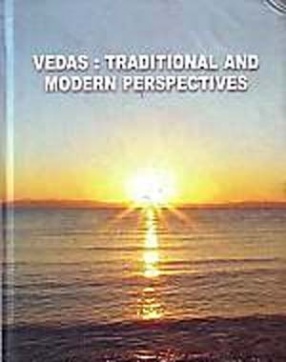
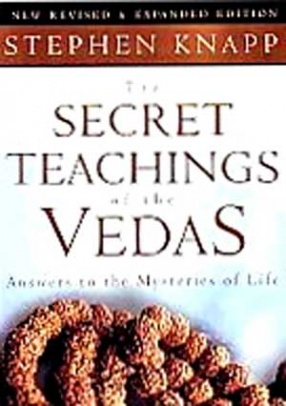
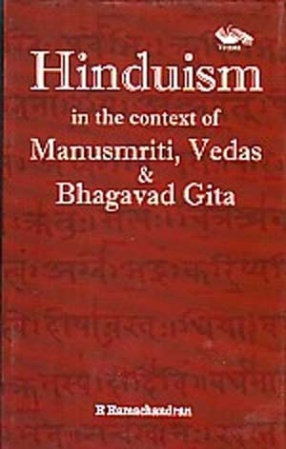
Hinduism is often difficult to comprehend due to its ancient origin, multifariousness, vastness and absence of one authority. No book on Hinduism, therefore, can be complete. This book, however, tries to attempt a well-documented and holistic view of Hinduism from historical and sociological perspectives. It intends to serve as a basic introductory text.The presentation is based on a first-hand reading of Hindu scriptures in Sanskrit combined with knowledge of ...


The oldest scriptures of India, and the most important, are the Vedas. Orthodox, Hindus, who include all schools of Indian thought past and present, recognize in them the origin of their faith and its highest written authority. For the vast majority of modern Hindus, therefore, amongst all their sacred writings, the Vedas supreme.The term Vedas not only names a large body of texts composed in times indefinitely remote, and handed down by generation after ...

There is a misconception in some quarters ‘that the holy Vedas recognize only astronomy and not astrology. This misconception has been very ably removed by the author by references to the chapters and verses from the Vedas. For the first time in the history of the astrological literature it has been shown on the basis of the recognized principles of spirituality why a particular planet is exalted in a particular nakshatra of a ...

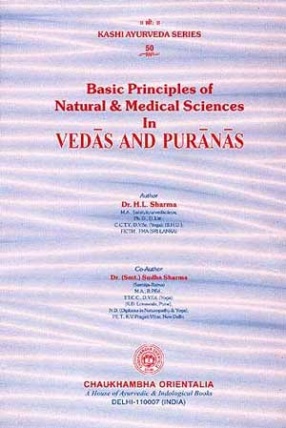
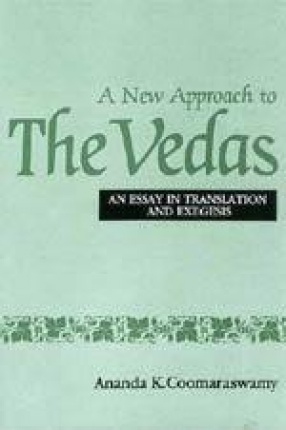
From the pen of Ananda K. Coomaraswamy this small but wonderful volume is an essay in translation and exegesis in relation to the Vedas in which passages from the Rgveda and the Brhadaranyaka and Maitri Upanisads, dealing with cosmogony, ontology and teleology, have been interpreted in a new perception of the quite extraordinary depth of those ideas and their amazing psychological accuracy. According to Coomaraswamy no great extension of our present measure of ...
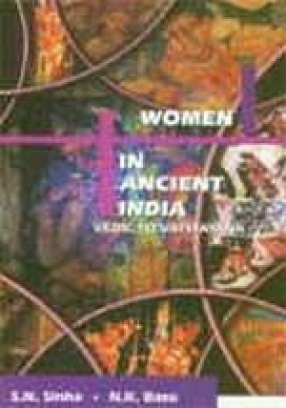
The book is based on Sanskrit texts from Vedic Age to the age of Vatsyayana. This long period of history covers the study of Epic Age (Mahabharata), Smritis, Puranas, Jatakas, and also Chandragupta and Ashoka. At the beginning of 20 century when the socio-political consciousness were slowly emerging, dealing with such a subject required a tremendous moral courage.
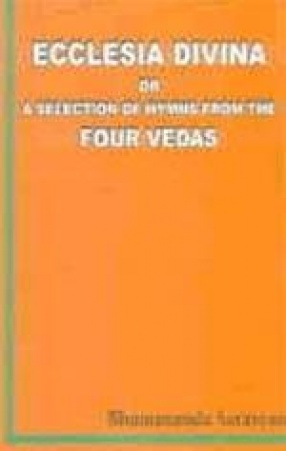
The Vedas are the holy books which are the foundation of the Hindu religion. They consist of hymns written in the old form of Sanskrit and are supposed to be composed between 1500 and 1000 BC. Ecclesia Divina offers a selection of hymns from the four Vedas - the Rg, Yajur, Sama and Atharva, aiming at an authentic interpretation of the subject matter of the Vedas, particularly the Vedic ideas and thoughts related to the providence of God, creation and sustenance ...

...not because they are the most ancient, not because they are held to be most sacred by Indians and not because they speak about all familiar things of the world and its inhabitants, Vedas are important because in spite of an incessant search and explorations, much more is still necessary to be known about them. It is mainly because Vedas, though talked and spoken about quite frequently in India and else where, are either not read or not understood in the right ...
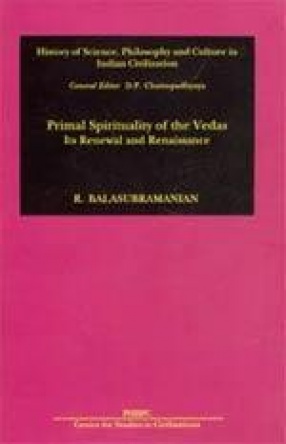
The primal spirituality of the Vedic tradition, which is the subject dealt with in this volume, contains the central ideas of the philosophia perennis-the One as the source and support of the many, the spirituality of matter, and the divinity of all living beings. Its outlook is holistic as it integrates beings with the primal Being. It has a long history of five millennia spanning pre-axial, axial, and modern periods. It has been renewed from time to time ...
